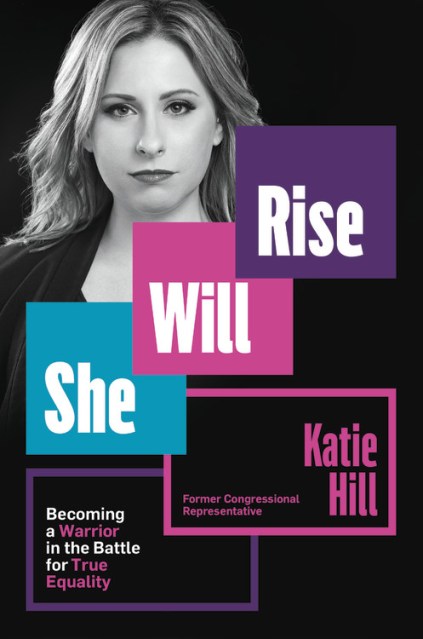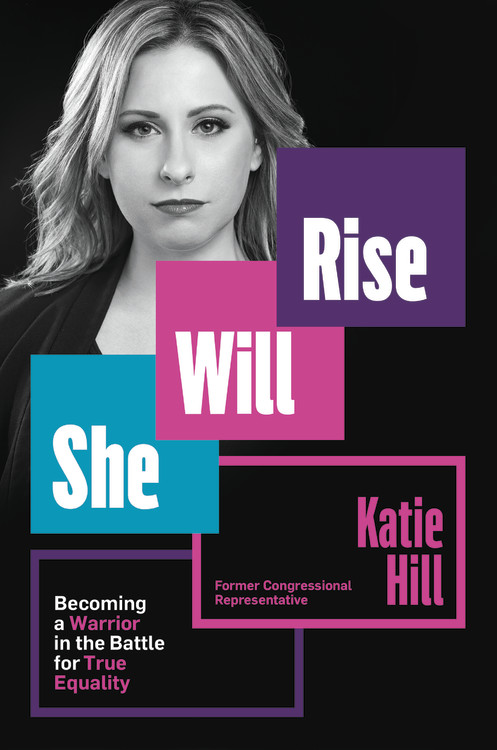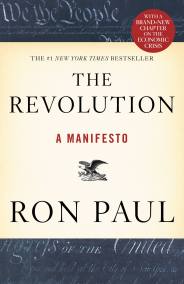By clicking “Accept,” you agree to the use of cookies and similar technologies on your device as set forth in our Cookie Policy and our Privacy Policy. Please note that certain cookies are essential for this website to function properly and do not require user consent to be deployed.
She Will Rise
Becoming a Warrior in the Battle for True Equality
Contributors
By Katie Hill
Formats and Prices
- On Sale
- Aug 11, 2020
- Page Count
- 320 pages
- Publisher
- Grand Central Publishing
- ISBN-13
- 9781538737002
Price
$37.00Price
$48.00 CADFormat
Format:
- Hardcover $37.00 $48.00 CAD
- ebook $14.99 $19.99 CAD
- Audiobook Download (Unabridged)
This item is a preorder. Your payment method will be charged immediately, and the product is expected to ship on or around August 11, 2020. This date is subject to change due to shipping delays beyond our control.
Buy from Other Retailers:
Powerful women who dare to make mistakes still face swifter and more brutal consequences than men, as the events that precipitated Congressional representative Katie Hill’s resignation, in which she was the victim of revenge porn, clearly demonstrate. But Katie Hill does not want women to be discouraged from taking positions of power — in fact, the rampant misogyny we see is all the more reason for women to lead, to work to change the systems that have kept old, wealthy, white men in power for far too long.
In this book, to be published on the 100th anniversary of the ratification of the 19th amendment (which gave women the right to vote), Katie Hill looks back on the progress we’ve made and outlines her battle plan for our future. She details how we can overcome the obstacles holding women back from achieving equal representation in positions of power to create the change we want for the next century. What challenges do women face in the modern era, and what battles will we need to fight in the years to come? Katie Hill is ready to equip readers for the front lines of leadership in all arenas, to guide women in becoming the warriors we need to shape this country for the better.
-
"So many of us feel disenchanted with the lack of gender equality in public office and high positions of power. We know that things feel imbalanced, but we don't know what to do about it. Katie has endured many trials and tribulations in her fight for this battle. Using her experience, she provides real answers and a roadmap toward equal representation in She Will Rise. This book serves as an inspiration and a utility tool for anyone who thinks the current system in which we operate needs to shift."Kristen Bell, actor, activist
-
"A new wave of feminism needs new leaders. Katie Hill's She Will Rise recounts the brave and critical work of the feminists who got us to where we are today, and explains what we need to do next to achieve full equality, now that we have taken up the charge. For anyone concerned with finally having an equal society where women's voices are heard, this book is a must read."Alyssa Milano, actor, producer, author, activist
-
"As we mark one hundred years since women earned the right to vote, we take pride in our progress and reflect on all the work left to do. She Will Rise is a brave and honest look at the structural inequities that hold women back and the pathways to break down those barriers and make deep, lasting societal change. Katie Hill lays out a vision for women's rights while interweaving her own personal story about building power, taking responsibility for mistakes, and moving forward."Christine Pelosi, Chair of CA Democratic Party Women's Caucus
-
"As someone who has personally dealt with double standards in politics, I'm captivated by Katie's story. Even as men who have harassed and assaulted women walk the halls of Congress, Katie faced the ultimate double standard-being publicly shamed and forced to resign. What stands out most about Katie's story isn't the tragedy of what she endured, but the courage and resilience she showed in the aftermath. She Will Rise reflects that spirit and shows how, together, women can fight back and create a better and more equitable future."Lis Smith, democratic strategist
-
"Katie Hill has taught us that the only way to build endurance is to endure. In She Will Rise, we learn about one unstoppable woman and also about the unstoppability of women."Carrie Goldberg, victim's rights lawyer
-
"She Will Rise is a refreshingly honest assessment of the state of American women--both what she's overcome and what's standing in the way of progress. And Hill's personal story of triumph and tragedy will leave you angry, hopeful, and fired the f*ck up."Erin Ryan, host of Hysteria podcast by Crooked Media, contributorto The Daily Beast
-
"This unvarnished account turns a devastating setback into a powerful argument for change."Publishers Weekly
Newsletter Signup
By clicking ‘Sign Up,’ I acknowledge that I have read and agree to Hachette Book Group’s Privacy Policy and Terms of Use







